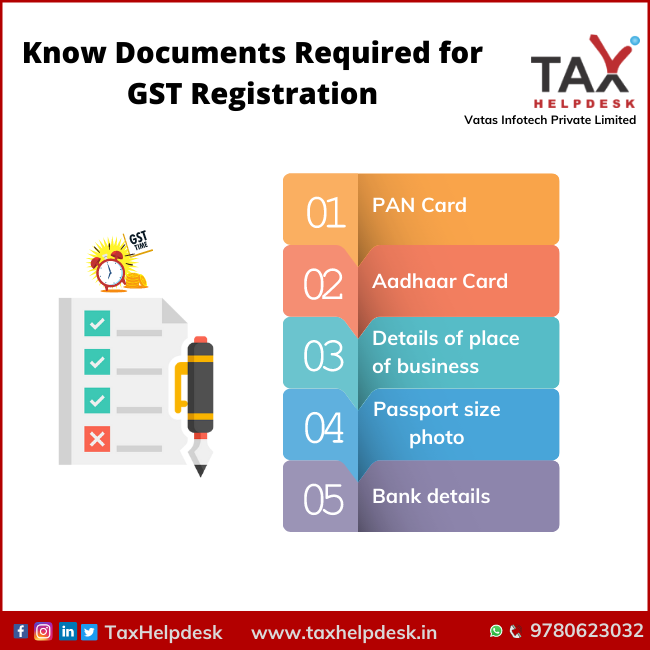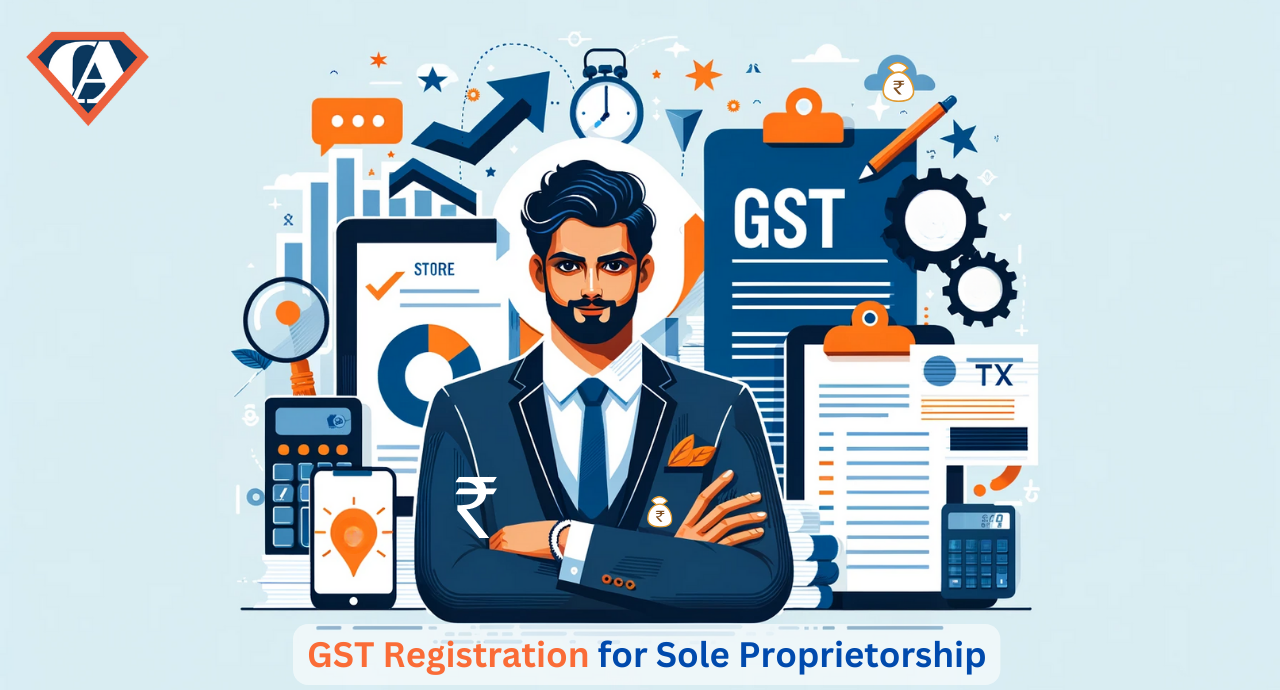Optimize Your Financial Savings with the most effective GST Registration Services in Singapore
Optimize Your Financial Savings with the most effective GST Registration Services in Singapore
Blog Article
Throughout: The Ultimate Roadmap to GST Enrollment for Services Looking For Financial Stability
Navigating the intricacies of Item and Solutions Tax Obligation (GST) enrollment is an essential step for services aiming for monetary stability. Damaging down the roadmap into convenient actions can improve the registration trip for businesses looking to enhance their monetary standing.
Understanding GST Fundamentals
Diving into the essential concepts of Goods and Provider Tax (GST) is crucial for acquiring a thorough understanding of its ramifications on services and the economic situation. Input Tax Debt (ITC) is a substantial function of GST, permitting organizations to claim credit scores for tax obligations paid on inputs, reducing the overall tax problem. Comprehending the fundamentals of GST is critical for businesses to abide with tax regulations, manage their financial resources successfully, and contribute to the nation's financial development by taking part in a clear tax system.
Eligibility Criteria for Registration
As of the present policies, the threshold restriction for GST registration is a yearly aggregate turn over of 40 lakhs for services running within a state, except for unique group states where the limitation is 20 lakhs. In addition, certain organizations are needed to register for GST regardless of their turn over, such as interstate providers, informal taxable individuals, and companies accountable to pay tax obligation under the reverse fee mechanism. It is critical for companies to extensively examine their turnover and purchase kinds to identify their GST registration obligations accurately.
Papers Needed for Enrollment
Having actually satisfied the eligibility standards for GST enrollment, services should currently guarantee they have the requisite files in place to proceed with the registration procedure effectively. The records required for GST enrollment typically include evidence of company constitution, such as partnership action, enrollment certificate, or incorporation certification for different kinds of services. Furthermore, organizations require to offer records establishing the major location of company, such as a rental contract or electrical power costs.
Step-by-Step Registration Refine
Starting the GST registration procedure involves a series of structured actions to make sure a certified and smooth registration for organizations. The initial step is to go to the GST website and fill in the enrollment type with exact information of the service entity. Following this, the candidate gets a Short-lived Referral Number (TRN) which is utilized to return to the application process if it's not completed in one go.
Following, all required documents according to the list offered by the GST portal requirement to be submitted. These papers commonly consist of proof of company enrollment, address and identification evidence of marketers, monetary statements, and company entity's PAN card.

Post-Registration Compliance Standards

Final Thought
Finally, organizations seeking economic security has to comprehend the basics of GST, fulfill qualification requirements, gather necessary papers, comply with the step-by-step registration process, and follow post-registration guidelines - Best GST registration services in Singapore. By sticking to these actions, services can make sure conformity with tax obligation regulations and keep economic security in the future
Additionally, particular services are called for to sign up for GST irrespective of their turnover, such as interstate providers, informal taxed individuals, and businesses liable to pay tax obligation under the reverse charge device.Having actually fulfilled the eligibility requirements for GST registration, organizations need to now guarantee they click resources have the requisite records in location to proceed with the enrollment process effectively. The files required for GST enrollment normally include evidence of organization constitution, such as partnership action, enrollment certificate, or consolidation certification for various types of companies. Furthermore, organizations need to give papers establishing the major location of business, such as a rental agreement or power bill.Starting the GST enrollment procedure entails a series of organized actions to guarantee a compliant and smooth enrollment for businesses.
Report this page